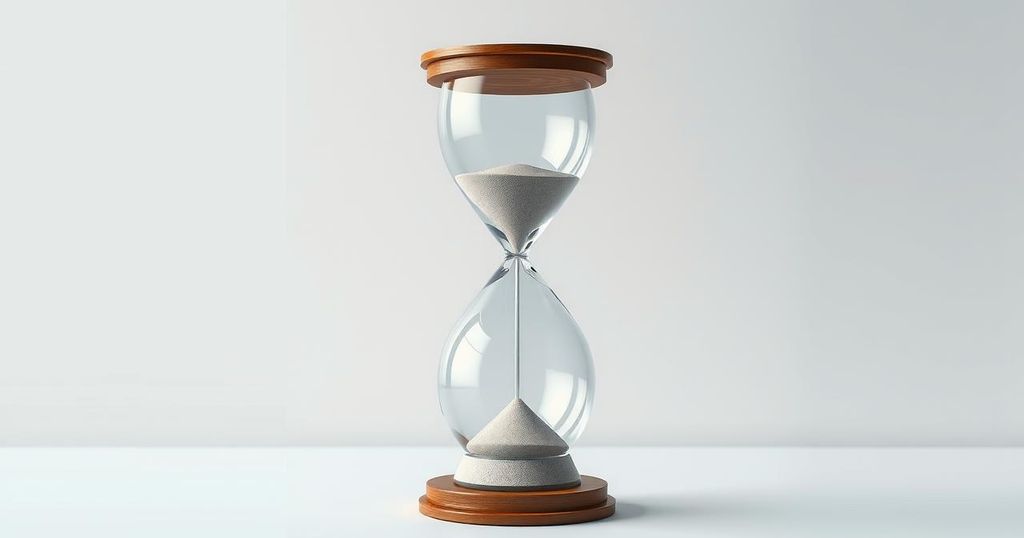As Cameroon prepares for elections, President Paul Biya, aged 91, is likely to seek an eighth term amid concerns about his health and declining political dynamics. The ruling party relies on coalition support to maintain parliamentary control, while opposition factions struggle to unify and present alternatives. Economic issues and allegations of corruption further complicate the country’s landscape as calls for political change grow louder, juxtaposed against the entrenched leadership.
As Cameroon approaches its elections, 91-year-old President Paul Biya is expected to run for an eighth consecutive term, thus solidifying his status as Africa’s longest-serving leader. Dr. John Akpo, a local political analyst, asserts that “there is no doubt about President Paul Biya’s candidacy” despite concerns surrounding his health. Elvis Ngolle Ngolle of Biya’s party acknowledges preparations for the elections but suggests that discussions on leadership transitions are premature.
Having ruled for over 42 years, Biya would be 99 years old at the next election in 2032 if he wins another term. Critics suspect that his advanced age could hinder his decision-making capabilities, particularly in resolving ongoing political and civil crises in the country. Opposition voices highlight his declining ability to address the needs of the nation, citing a lack of direct engagement with conflict zones.
Biya’s government faces accusations of suppressing political opposition, as demonstrated by the imprisonment of peaceful protesters like Maurice Kamto. Meanwhile, the ruling Cameroon People’s Democratic Movement (CPDM) relies heavily on its coalition partners, though their support has diminished, indicating a fragile political dynamic. Despite this, the ruling coalition remains crucial for sustaining parliamentary control.
In a recent seminar, Cameroon’s Catholic bishops reportedly called for improved living conditions, which drew criticism from government officials. Solomon Lyonga, the diocese communications director, clarified that no demands for Biya’s resignation were made, emphasizing the church’s wish for coexistence rather than conflict with the government.
Economically, Cameroon shows tentative signs of recovery, but real GDP growth has slowed, and poverty levels remain high, with about 23% of the population below the extreme poverty line. Corruption continues to plague governance, as highlighted by Akpo’s assertion that “corruption is at the bone marrow of every political being in Cameroon,” leading to widespread neglect of public welfare.
Analysts agree that infrastructure weaknesses and a dependence on commodities need addressing for sustainable economic growth. However, the divided opposition has not presented a viable alternative to Biya’s rule, leaving many wondering about the future of Cameroonian politics should he seek yet another term amidst calls for change. Michele Ndoki, a legal practitioner and opposition supporter, argues that a considerable portion of the population favors continuity in leadership despite Biya’s questionable capabilities at his advanced age.
The piece discusses the potential reelection of President Paul Biya in Cameroon amid concerns about his health and long-standing rule. It frames the political context of Biya’s government, the state of the opposition, and the influence of religious and economic factors on the future of Cameroon’s governance. The article encapsulates the pressures on a 91-year-old leader facing a multitude of challenges in a politically fragmented landscape.
In summary, the upcoming elections in Cameroon highlighting President Paul Biya’s potential candidacy cast a shadow over the nation’s political landscape. His prolonged leadership has fostered divisions, both within the opposition and civil society, with significant issues such as economic decline, corruption, and civil unrest persisting under his governance. Despite these challenges, the fragmented opposition and a reluctance to see substantial leadership change complicate the possibility of progress.
Original Source: www.dw.com






